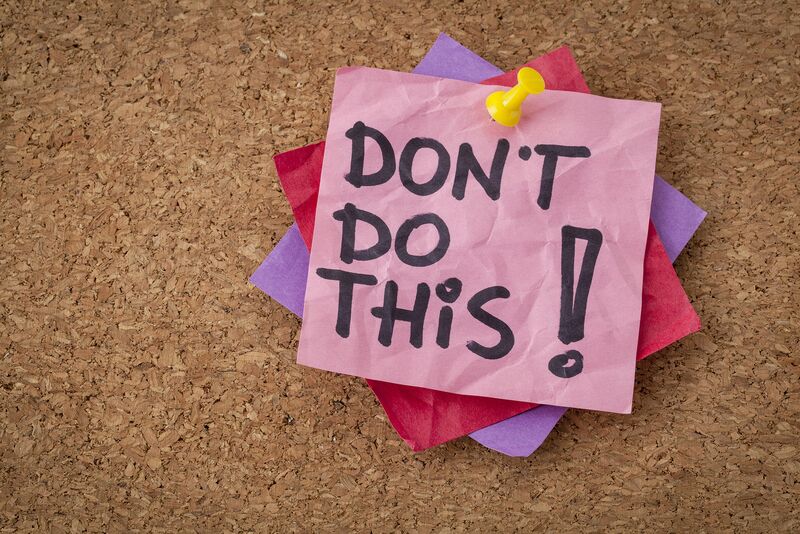I really should call this marketing tactic “the cereal box bonuses” because who doesn’t remember begging a parent for the most unhealthy box in the aisle because there was a toy that you wanted more than the cereal? And often times the cereal was ignored completely and the prize at the bottom of the box was a little underwhelming (or missing entirely!).
As a kid a bad bonus was disappointing. As an adult paying thousands of dollars, the bogus bonus marketing tactic is one that I hate.
Maybe you recognize this scenario: you’re on the fence about a program or product and while it sounds great, you’re not yet convinced it’s right for you. But you get caught up in the excitement and “limited time offer” or bonuses and buy. However, in the weeks or months after purchase those bonuses don’t show up, you have to hound the company or they’re pathetically lame.
Let me be clear: bonuses aren’t bad. But
giving them for the wrong reasons or not delivering on the promise at all is bad marketing.
How bonuses can be bad marketing
1. The original content isn’t good enough.
Why do people even give bonuses? Well, it should be to supplement and enrich the experience, not distract from a product, event or service that’s lacking.
Think of it this way, if I give you a free cocktail will it make up for a bad hotel room on your beach vacation? Not when you’ve paid for the room. Was it comfortable, clean, have all the amenities like clean towels? Bonuses like wifi, drinks, breakfast buffet, or a free shuttle won’t make up for a horrible room.
Bonuses can be great, but…
2. You’re not clearly communicating the value. Or maybe there is no added value.
If you’re not clearly explaining how the bonuses interact with the offer then it’s likely you haven’t given it much thought. “Hey let’s just throw this in too!” isn’t a great strategy.
When you have a catalog of products and services adding bonuses is a great strategy IF your offers relate to one another. Imagine that when buying a Toyota sedan you got a Ford keychain, Honda floor mats and a truck sized car cover. Those bonuses are not so valuable with the original purchase.
3. The bonuses never get delivered.
If you don’t have a plan to deliver bonuses, it’s a bad strategy
Just like your client services in general, you need a plan and specific strategy to deliver the bonuses. Is there a webpage? What prevents a buyer from sharing your bonuses with all their friends? Do you log in somewhere? When did you send instructions and details? Do the bonuses expire? Did you send a reminder and warn of the expiration date.
Let me be clear: all these things are your problem and must be addressed if you’re going to keep your clients happy and let bonuses actually be a benefit of buying.
Maybe that’s your plan all along…
4. You’re hoping people will get overwhelmed by all the bonuses and not take advantage of them all.
That’s wrong. Inauthentic. Horrible marketing. Offering something that you never intend to deliver or have hidden hoops to jump through is a great way to ruin the trust you’ve worked so hard to build up.
This is the primary reason I stopped participating in “round up giveaways” because honestly, when was the last time you signed up to get a bunch of ebooks, audio recordings, free calls and resource guides and then took advantage of every single offer? I’d rather decline those invites gracefully and continue to offer my resources to the people who want and need them now.
Giving bogus bonuses is a bad idea and if you can’t deliver then bonuses are not a good idea. Remember this before you design your next launch, and it’s okay to ask before you buy how and when the bonuses are delivered.

 (Marketing) Things I Hate: the Bait and Switch
(Marketing) Things I Hate: the Bait and Switch Facebook Events are the New Spam
Facebook Events are the New Spam